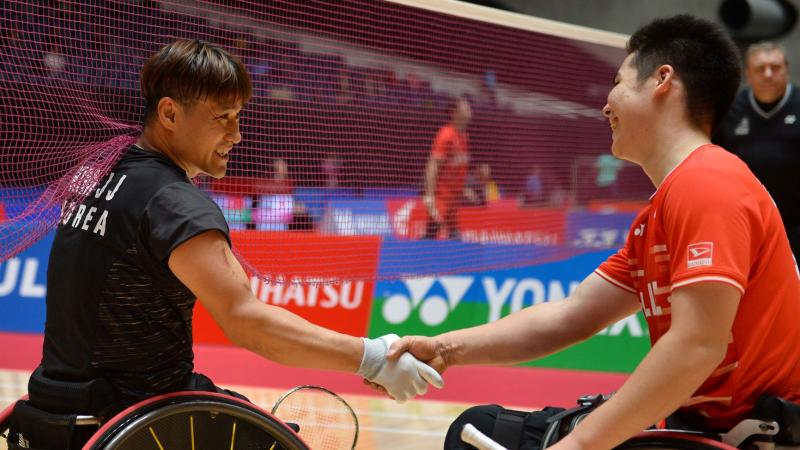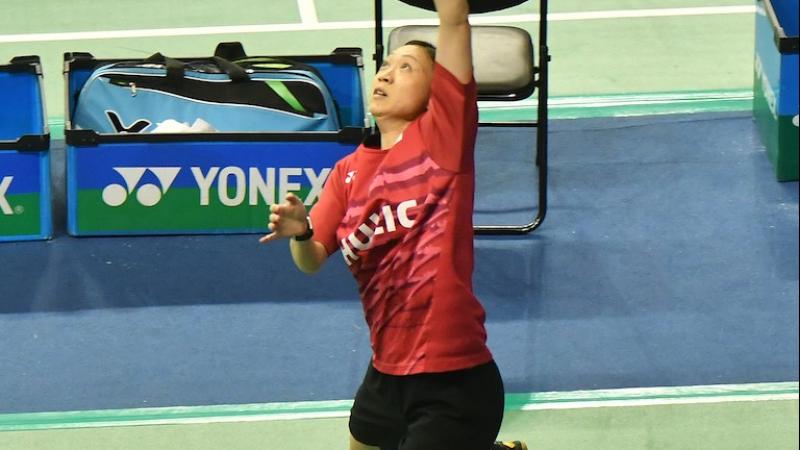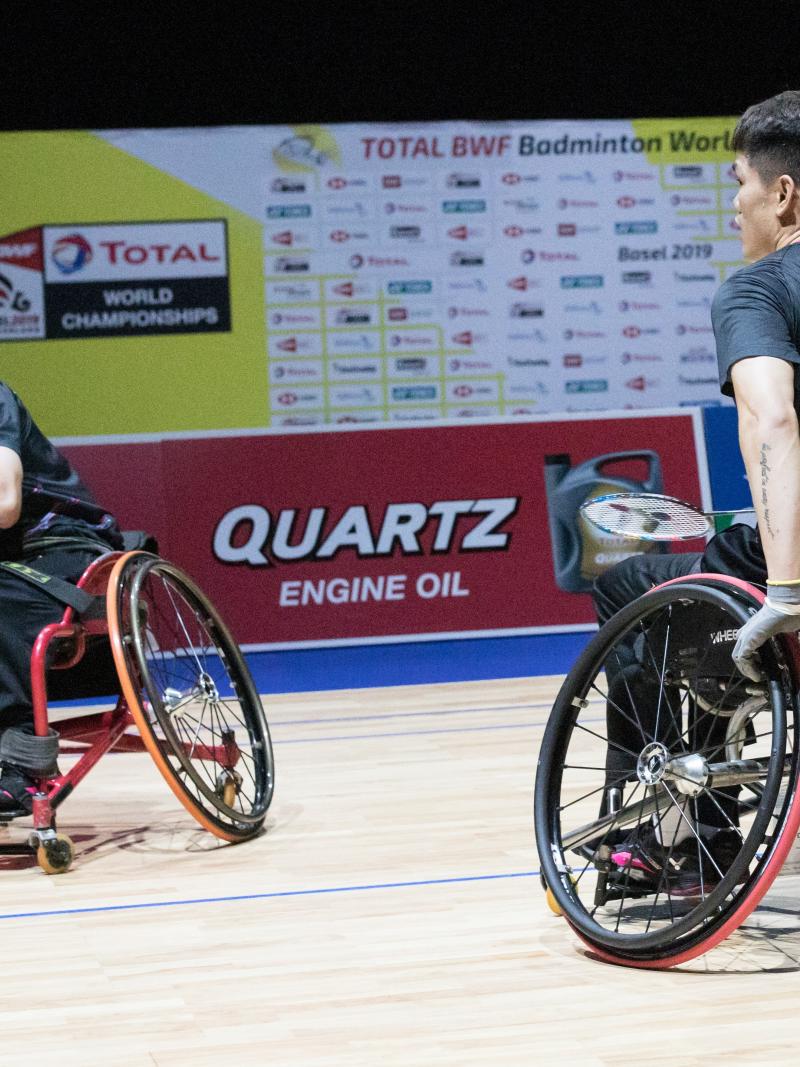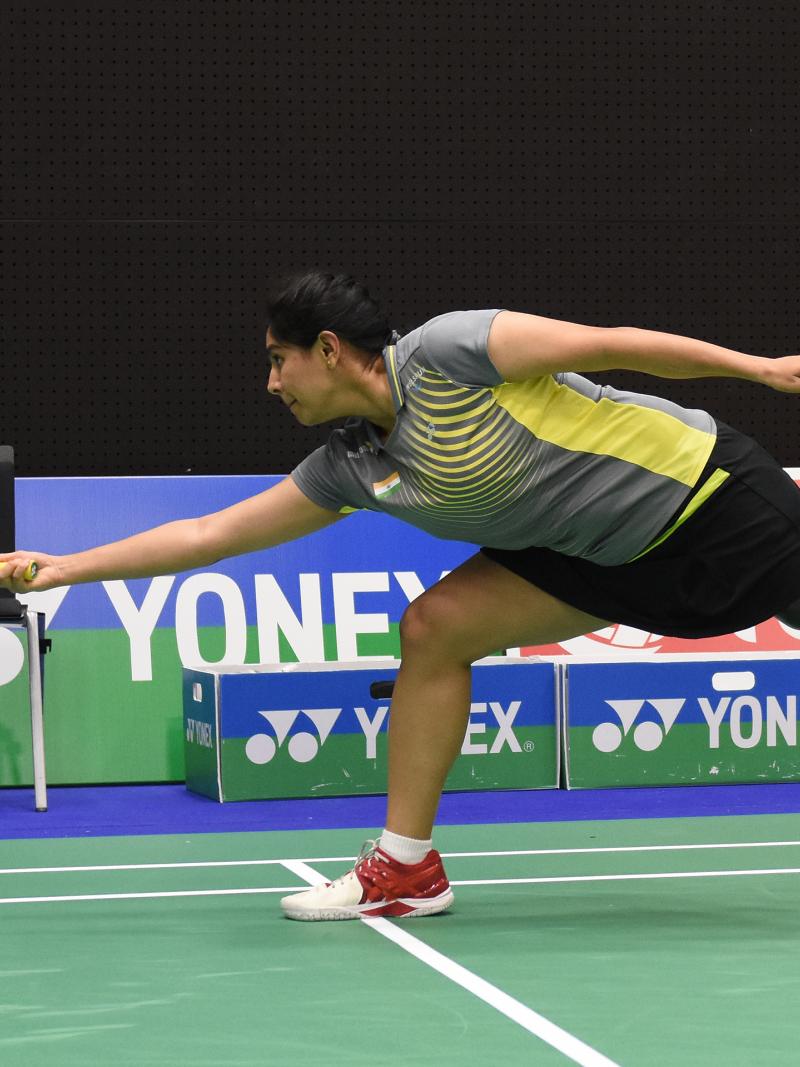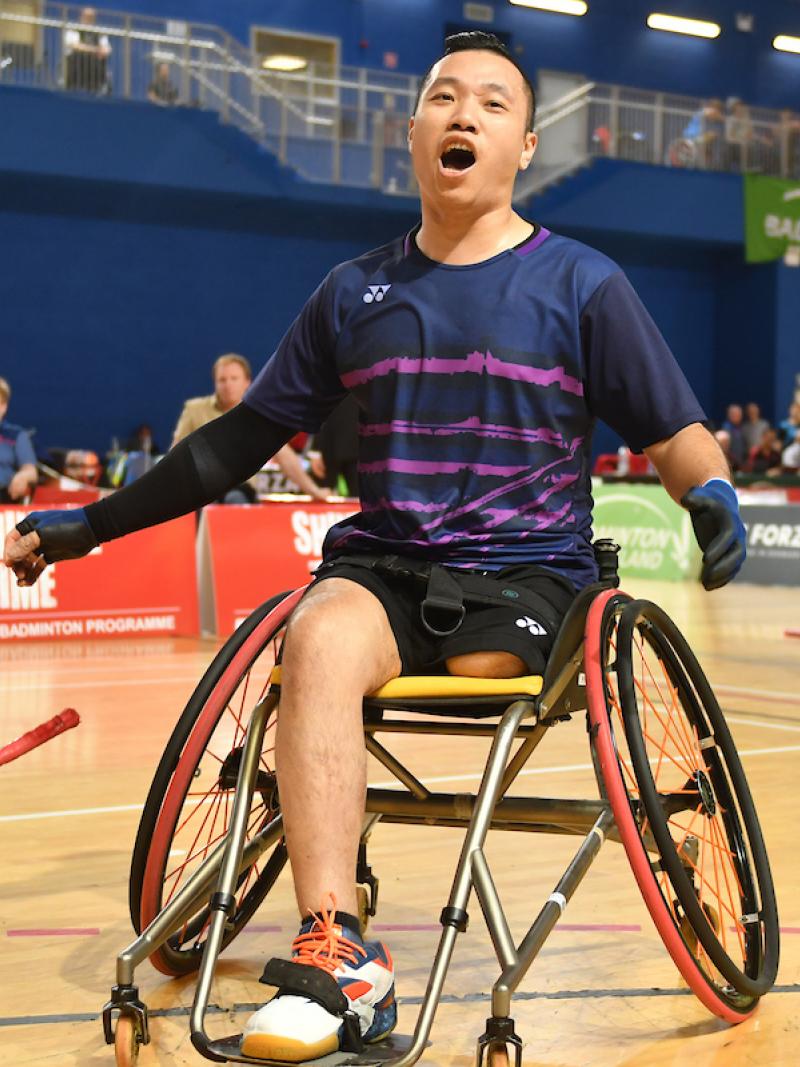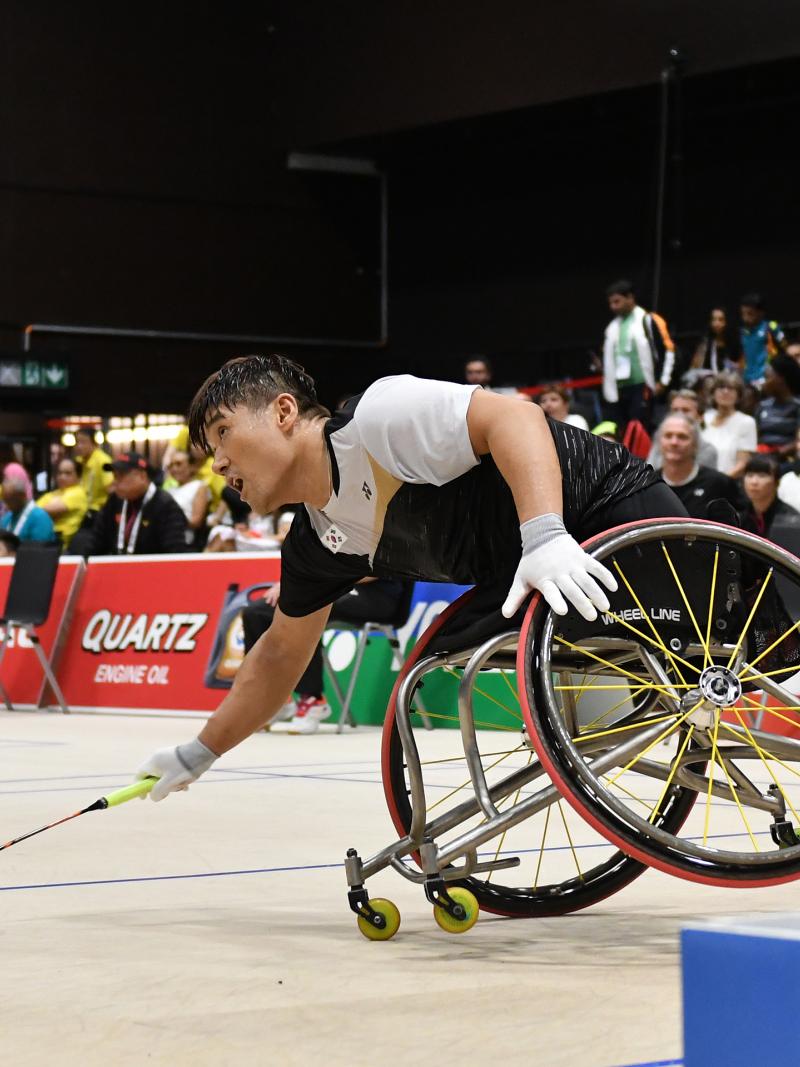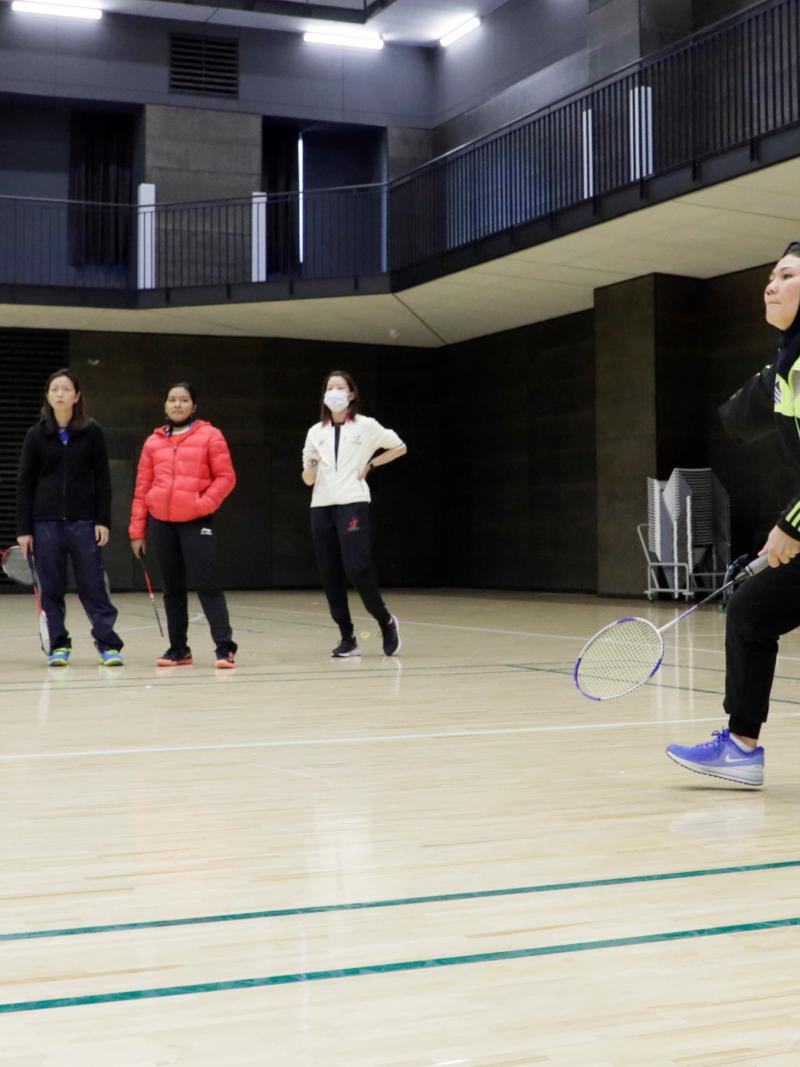Japan's Para badminton squad brewing with talent ahead of Tokyo 2020
Newbie Daiki Kajiwara switches from baseball to badminton while Ayako Suzuki gives the veteran punch 11 Aug 2020
Ahead of their home Paralympic Games at Tokyo 2020, Japan has been brewing some of the top Para badminton players in the world.
Among them are the highly experienced 33-year-old Ayako Suzuki and 19-year-old newbie Daiki Kajiwara.
New kid on the block
Kajiwara gave world champion South Korea's Kim Jungjun a run for his money at the Japan Para International 2019.
In Kajiwara’s view, the longer preparation period has its pros and cons.
“I’m a college student this year so it gives me a chance to get accustomed to my new environment. For badminton, I can spend more time improving but it may be difficult to keep my motivation level up over the next year,” he said.
Currently sixth in the world in the men’s singles WH2 and third in men’s doubles WH1-WH2 with partner Hiroshi Murayama, Kajiwara started playing badminton in 2017.
A few years before that, at the age of 13, he lost the use of his legs in a traffic accident.
“I was on the way to baseball practice. My right leg had to be amputated and my left leg couldn’t move. I was told I would be bedridden for life. It was the most desperate time of my life. The fact I couldn’t play baseball anymore was the most painful.”
Family and friends are integral to his recovery and recent success.
“My family pays for my travels, takes me to practice and my mother cooks healthy food for me. I have a younger sister, who is lonely when I’m away but she supports me without complaining. After my accident, it was my baseball coach and school friends who helped me overcome my injuries.”
Learning to play badminton in a wheelchair proved not too difficult a challenge for this already athletic teenager.
“I played baseball before the accident, so I’m confident about my upper body strength. My chair-work on court is good but it’s still not enough against the top players.”
Despite his self-criticism, Kajiwara has held his own against some of the grand masters of the WH2 category, earning their praise.
“I look up to Kim Jungjun, Chan Ho Yuen (Hong Kong) and Kim Kyung Hoon (South Korea). I’m still new so in a match, I just try to challenge them. I don’t think about winning but it doesn’t mean I’m trying to lose.
“There’s so much I can learn from them and I want to defeat them someday. For now, I need to work on my own strengths and weaknesses. My goal is to win gold in Tokyo and someday, be a world champion.”
Age counts as valued experience
Suzuki has the women’s singles and doubles gold in her sights. She is not concerned with being another year older when the Games take place in 2021 due to the COVID-19 pandemic.
“My advantage is my experience,” said Suzuki, who is world No. 2 in the women's SU5 category. “It gives me more time to improve my footwork and shot accuracy.”
The Japanese athlete made her international debut in 2009 and held the women’s singles top spot for many years until the emergence of China’s 22-year-old rising star Yang Qiuxia.
The Paralympic qualifying year in 2019 saw repeated final battles between the two, with unpredictable results until almost the very end of each match.
“Yang is tenacious and it’s always fun to play her. She likes long rallies which I enjoy," Suzuki commented. “I understand what kind of player I am. I’m the nervous type so I find it best to focus on myself. When I play, I think back to how I train and it helps me relax. I always work on getting the feel of how the match is going. I never give up on chasing shots all over the court and I send mine to the opposite place the opponent expects.”
Suzuki’s training regimen has not changed despite the lockdown.
“I live in an area which has very few coronavirus cases. Currently I’m training in the gym, strengthening the muscles I need to overcome my shortcomings. Strength training helps me stay motivated.”
Suzuki started playing badminton with her family at the age of 9. The break from tournaments has allowed her to enjoy being home again.
“I now sleep too much. And I can’t travel which I love to do, so I spend time looking on the Internet for travel locations for when the world opens up again.”
There was a brief period when badminton could have lost Suzuki to another sport – horseback riding.
“I was in my 20s. I enjoyed it but just couldn’t get better so I went back to badminton. I’ll think about what’s next after I’m done playing.”





